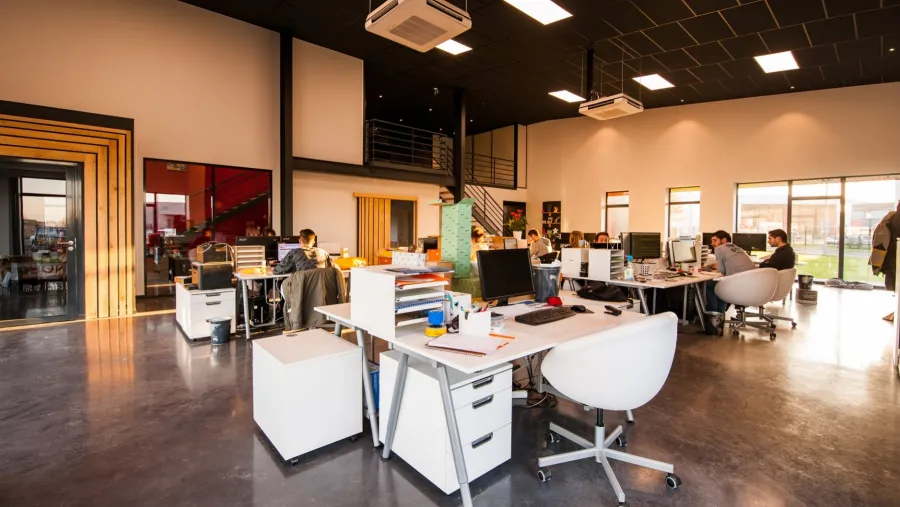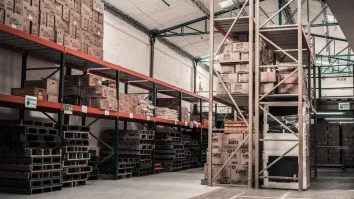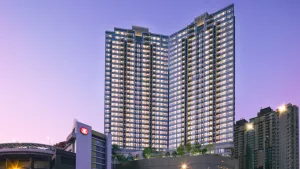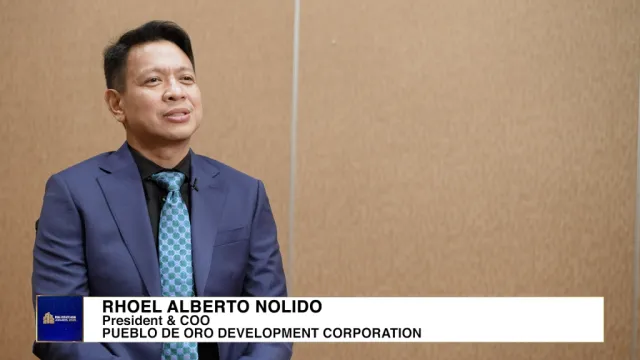
Tokyo Grade A office vacancy rate expected to decline by year-end
Thanks to robust tenant demand.
In a report, JLL said the vacancy rate in Tokyo is expected to fall by the end of 2024, and although downward pressure on rents is likely to continue in the overall market, tenant demand should be relatively solid.
Capital values are expected to fall due to the anticipation of further rent declines and unchanged cap rates.
Here’s more from JLL:
According to the Tankan Survey in December, the diffusion index of large manufacturers was 12, a third consecutive quarterly increase, as raw material costs fell and the semiconductor supply shortage situation improved. The index of large non-manufacturers was 30 and increased for the sixth consecutive quarter to a 32-year high as inbound demand and economic recovery continued.
As major new supply stimulated demand, net absorption in the Grade A office market in Tokyo totalled 84,700 sqm in 4Q23. This was driven by information and communications, finance and insurance, and manufacturing.
Vacancy rate is mostly unchanged
One Grade A office building, Shibuya Sakura Stage Shibuya Tower, entered the market in 4Q23. This resulted in a 1% q-o-q increase in stock. The schedule of new supply for full-year 2023 was the third-largest volume since JLL started tracking it.
Tokyo’s vacancy rate in the Grade A office market in 4Q23 averaged 4.6%, a 10 bps q-o-q decrease and a 90 bps y-o-y increase. This was the second quarterly decline in vacancy rates as newly-supplied buildings continued to be filled. The vacancy rate fell in Marunouchi/Otemachi and Akasaka/Roppongi.
Decline in average rents moderates slightly
Rents in Tokyo’s Grade A office market averaged JPY 33,563 per tsubo, per month, at end-4Q23, decreasing 0.1% q-o-q and 3.2% y-o-y. Rents fell for the 15th consecutive quarter in all submarkets at a more gradual pace than the past several quarters.
Capital values in 4Q23 fell 0.4% q-o-q for the fifth quarter in a row and were down 5.5% y-o-y, the third consecutive decline. This reflected negative rent growth as cap rates remained stable. Notable Grade A office transactions that closed in the quarter included a stake in Seavans Building, which was acquired by Japan Real Estate (REIT) for JPY 2.3 billion at an expected NOI of 4.1%.
Note: Tokyo Office refers to Tokyo's 5 Kus Grade A office market.



















 Advertise
Advertise




